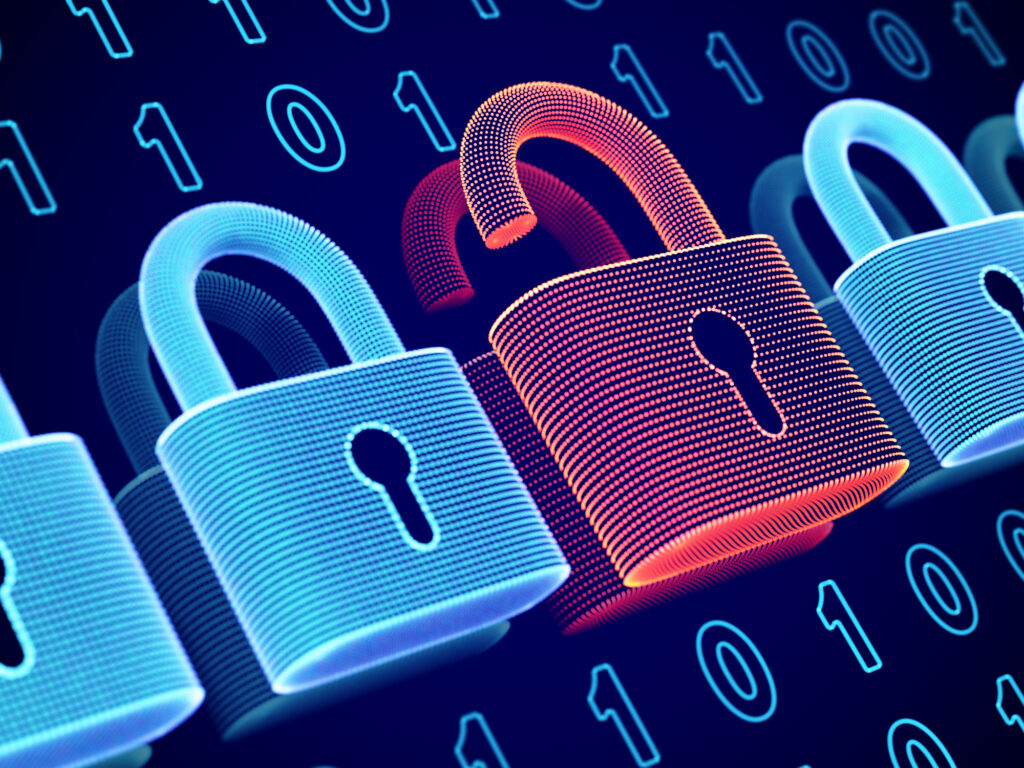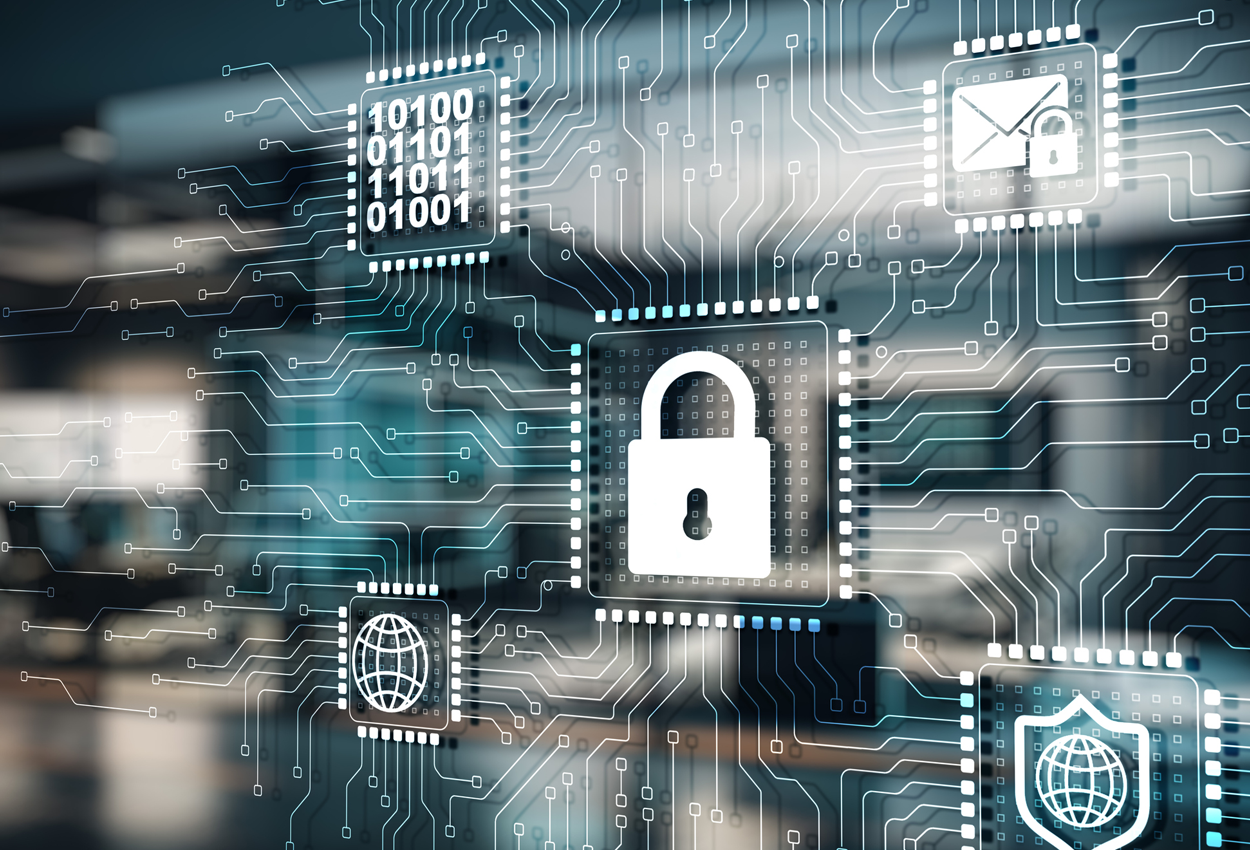Best Practices for Secure Communication Online
When it comes to digital communication, having secure communication channels is not just an option but a necessity. With cyber threats on the rise, businesses are required to step up their game in securing their communication channels. This article discusses effective practices for secure online communication and underscores the significance of a data security system.
The importance of secure business communication
Secure communication solutions are vital for any business operation. They ensure that sensitive data, whether protected health information or intellectual property, is transmitted securely and accessed solely by the designated recipients. They also help ensure compliance with various regulations and standards, thus safeguarding the company from potential legal consequences.
Enhancing communication security
Businesses can implement several security mechanisms to strengthen their communication security and protect sensitive information from leaking out:

Passwords and authentication
A fundamental principle of secure communication is the use of strong passwords and multi-factor authentication. This process involves the use of something the user knows (a password), something the user possesses (a security token or mobile device), or something a part of the user (biometrics). This strategy provides an additional layer of security and helps protect data from unauthorised access.
Encryption
Encryption is crucial for secure messaging and secure file sharing. End-to-end encryption maintains data integrity by making the information unreadable to anyone except the sender and the intended recipients. This protection covers both the content of the communication and any files shared. Public and private encryption keys are utilised to encrypt and decrypt the data, ensuring it is transferred securely.
Choosing secure communication platforms
Selecting the right communication platform is critical to maintaining the security of your communication network. It is important to look for platforms that offer essential features like the use of private keys to ensure that all file sharing is secure from interception. Additionally, check whether the service provider complies with relevant security standards and regulations, which can vary depending on your industry and location. It is also beneficial to choose platforms that are regularly updated and supported by reliable customer service to address any security issues promptly. By doing thorough research and selecting a platform that prioritises these aspects, businesses can significantly enhance the security of their communications.
Be wary of phishing attempts
Phishing attempts are common tactics used by cybercriminals to steal sensitive information. These schemes often involve fraudulent emails or messages that mimic legitimate sources to trick individuals into revealing personal data, such as passwords and credit card numbers. Common indicators of phishing include unexpected requests for sensitive information, misspellings, and generic greetings such as “Dear Customer.” Additionally, phishing messages may contain links that lead to fake websites designed to capture your personal information.
To protect yourself and your business from phishing, always verify the sender’s details before responding to any requests for sensitive information. Be skeptical of emails or messages that create a sense of urgency, such as threatening to close accounts unless immediate action is taken. Use email filters to help screen out potential phishing attempts. Furthermore, regularly educate your employees about these threats and encourage them to report any suspicious communications they receive. This proactive approach can significantly reduce the risk of falling victim to phishing schemes.
Using secure networks
Employing secure networks, such as Virtual Private Networks (VPNs), is a critical component of maintaining a secure communication system. These networks are often less secure and can expose your communications to risks such as eavesdropping or data breaches. VPNs create a secure tunnel for data transmission and help prevent potential data leaks. When connecting to public Wi-Fi, ensure that you use a Virtual Private Network to encrypt your internet connection, and avoid accessing and communicating sensitive or critical business information unless absolutely necessary.

Empowering secure collaboration beyond technology
While it is crucial to implement security controls like secret key management and digital signatures, secure communication requires training staff in communication protocols as well. Informing staff about the basic principles of secure communication practices, encouraging them to report suspicious activities, and keeping them informed about new threats can significantly improve the security of business communications. Other security measures, like access control of physical devices, can help ensure the ongoing protection of important information and data, especially in public spaces.
Secure communications are a critical aspect of any business, requiring a mix of robust security measures and continuous protection strategies. With the right practices in place, businesses can ensure that their communication systems are secure, thus safeguarding their sensitive information and fulfilling compliance requirements.
Discover secure communication solutions with TenFour
To stay aligned with compliance standards, your business requires secure communication solutions. Consider reaching out to TenFour for advanced communication technology that meets your business needs. We are experts in a range of services and products for businesses, from audio and video conferencing to digital signage and workspace management. Protect your communications with TenFour’s assistance today.

